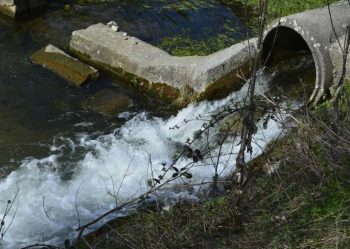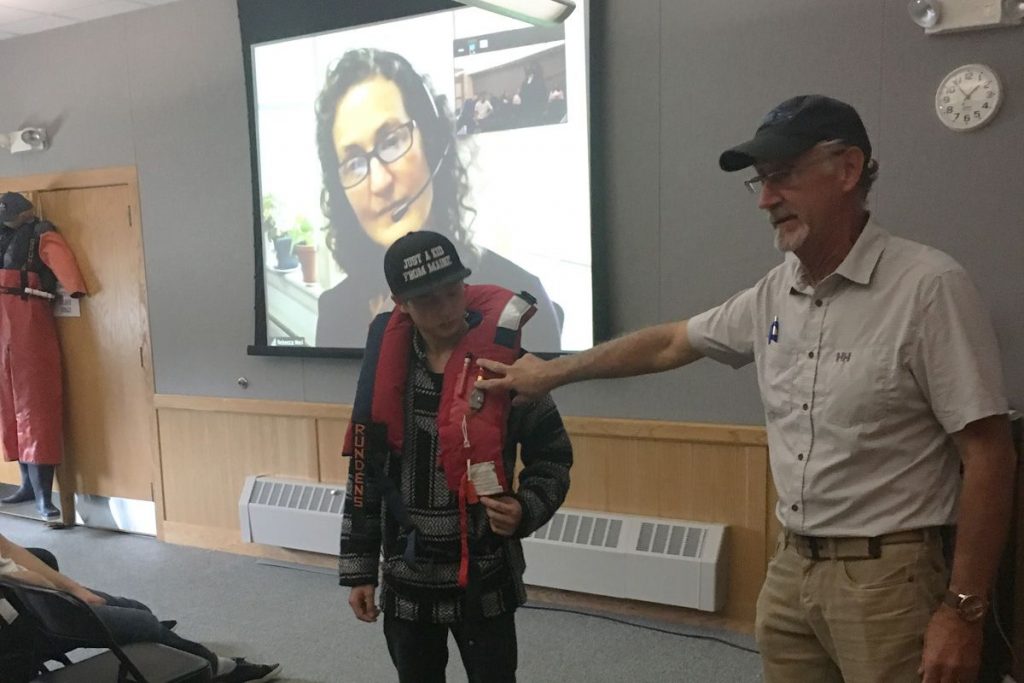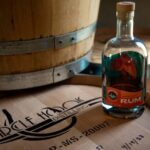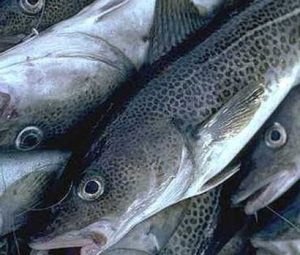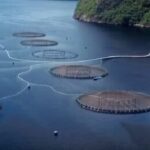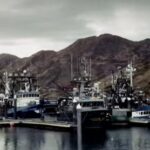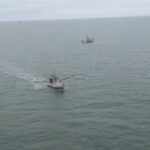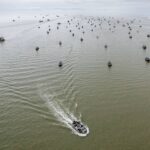Daily Archives: February 24, 2019
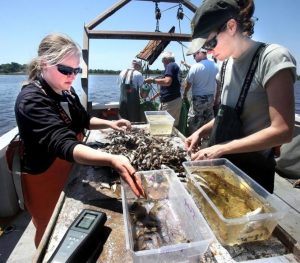
Season looking better for SC shrimp after die-off, industry woes
The first sample trawls of the new year netted a welcome sight: shrimp, and in good numbers. The S.C. Department of Natural Resources ran its monthly trawl last week in the lower Ashley River and Charleston Harbor, reinforcing January’s trend and heightening expectations after a relatively warm winter. That bodes well for the summer shrimp season opening on time — a year after the start was delayed for more than a month because a bitter winter cold had devastated the crop. >click to read<21:44
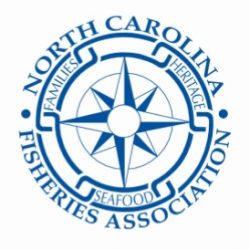
North Carolina Fisheries Association Weekly Update for February 22, 2019
>Click here to read the Weekly Update<, to read all the updates >click here<, for older updates listed as NCFA >click here< 18:52
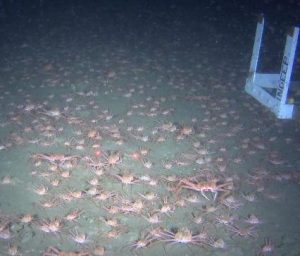
How a flipping crab led researchers to discover that a commercially harvested species feeds at methane seeps
Researchers have documented a group of tanner crabs vigorously feeding at a methane seep on the seafloor off British Columbia – one of the first times a commercially harvested species has been seen using this energy source. There are many implications, researchers say, and surprisingly most of them are good. Human consumption of tanner crabs – one of three species sold as snow crabs – that feed on methane-eating bacteria and archaea should not pose a health concern because methane seeps are not toxic environments. The discovery actually may mean that methane seeps could provide some seafloor-dwelling species an important hedge against climate change – because nearly all models predict less food will be falling into the deep sea in coming years >click to read<17:30
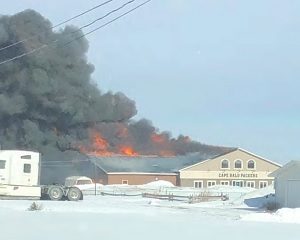
Cape Bald Packers fish plant ‘total loss,’ says Cap-Pelé fire chief
The Cape Bald Packers fish-packing plant in Cap-Pelé, N.B., is a “total loss,” the village’s fire chief said. “Everything is gone,” said Ronald Cormier. “We couldn’t control the fire. There was too [much] flame and too [much] black smoke.” Cormier said the call about the fire came in around 10:30 a.m. “It’s a vicious fire,” said Cap-Pelé Mayor Serge Léger, who was at the site.,,, Léger said he was in shock and too upset to continue speaking. “We could lose up to 500 jobs here. “It’s the biggest employer in Cap-Pelé. It’s a very sad moment. I hope the community will come together and they’ll rebuild.” >click to read<14:36

California could be held liable for whale entanglements
The Center for Biological Diversity is hopeful its lawsuit filed over whale and sea turtle entanglements is nearing its conclusion after a federal judge suggested she may find the California Department of Fish and Wildlife liable for the entanglements, a center spokesman said.,,, The two parties have until March 13 to work out their differences and report back to the judge. If no settlement is reached, the judge will issue a finding. >click to read<12:17
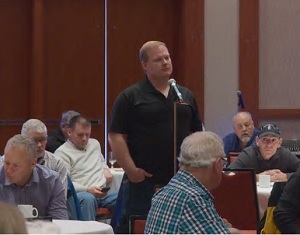
P.E.I. fishermen exploring compensation if damage done to fisheries
The Prince Edward Island Fishermen’s Association is exploring ways members could be compensated if damage is done to local fisheries. The topic was on the agenda for the association’s annual general meeting Saturday. The group has been working with law students at the University of New Brunswick to research different compensation packages in the event of environmental damage. >click to read<






